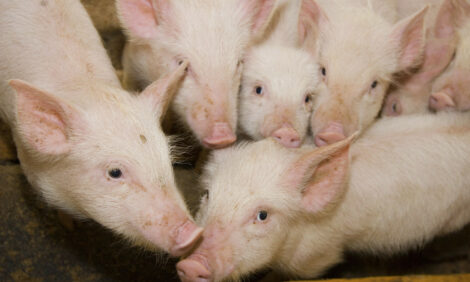



PED Lessons Learned Cause for Future Optimism
US - The executive director of the National Swine Health Information Centre says US successes in dealing with Porcine Epidemic Diarrhoea (PED) are cause for cautious optimism in the ability of producers to address disease issues, writes Bruce Cochrane.The US-based Swine Health Information Centre was created to develop an international swine health intelligence network to track swine diseases globally, establish research programs to prepare for disease threats and facilitate communications among producers on the health status of swine.
Swine Health Information Centre executive director Dr Paul Sundberg said a lot of lessons were learned from the experience with PED.
Dr Paul Sundberg-National Swine Health Information Centre:
One of the things that producers and their veterinarians realised through that experience as well as with that continued battle with PRRS is that sharing information in a manner than can help everybody is valuable and can help improve the health of the national herd and improve the health of the herds on the farm.
I think that experience of sharing information and also the realisation of that we continue to be at risk, and we need to be better prepared for the next one to come so we don't have to start from zero like we did with PED.
One of the things that we learned from PED is that, while we thought that our biosecurity practices were really pretty good and effective, we've also learned from PED that these viruses have ways of getting around that biosecurity so, while that cautious optimism about being able to address diseases in the future can be there and should be there, there still are plenty of places where the pork producers, their veterinarians look for help in plugging the holes that continue to put them at risk, whether that be biosecurity on the farm or international information.
Dr Sundberg said the goal is give producers and their veterinarians the ability to react more quickly and adapt more quickly to handle the diseases that may be in our future.








